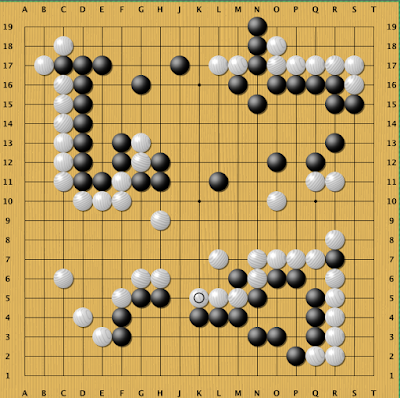Black
Wednesday, September 30, 2015
Tuesday, September 8, 2015
Monday, September 7, 2015
The Ethics of Digital Manipulation
By Jerry Lodriguss
I don't like the idea of changing
images but I agree with the author's stance on this issue. What matters most in
these situations is the intention behind one’s decision to change an image. If
the creator is honest about his intention, then I can accept what he is doing.
I may not like the final product, but I do not feel there is an ethical
problem. What causes an ethical problem is when the artist isn’t honest about
his intention. An example would be changing a woman’s face and body in a
fashion magazine. The photos are often drastically changed but are insisted
upon to be real. Changing something in an effort to make it look better, and
passing it off as realty is wrong. It’s an ethical problem.
There are rare occasions however,
when it is ethical to change an image and pass it off as reality. This happens
when the camera cannot produce a photograph that is identical to the image
created in the brain by the human eye.
By manipulating the photograph it is possible to come closer to what is
conveyed by our sense of sight. Cameras aren't perfect, they will never be able
to capture the feeling of actually being there but that's what photos are for.
They can show people parts of the world that they never saw before. These kinds
of changes are ethical because you want to show the way the world really
is. However, as the author points out, the creator needs to be careful not to
go beyond the desire to portray reality. He can improve but only to make things
more clear. If the improvements are
intended to make something more pleasing or perfect, then the purpose changes.
Despite being born in a digital age,
I'm traditional. I don't find digital art to be very satisfying. Some digital
art is very beautiful and the artists have talent but I feel like it’s missing
something. I prefer to work with my hands and feel what I'm doing. Using a
computer to create an image is not the same as working with my hands. I will
admit that Photoshop® is fun to mess around with and it can be very helpful in
some situations, I but I would rather draw and paint something then make it on
the computer.
There are certain skills that for century’s artists have needed to learn
that are now disappearing because of digital art. For example, mixing colors is
a lost art. Photoshop does it for you, just click on the color that you want. The
patience that artists once needed in order to draw or paint disappears on the
computer. I have drawn things by hand instead of using the computer because I
think its worth more in the end. It’s so easy to do it on a computer; it
doesn’t take a lot of skill. Spending the time to draw or paint something by
hand is far harder and takes a lot more effort. An example is the use of speed
lines in comic books to suggest rapid movement. I draw speed lines by hand
every time because it helps me develop skills that I can't get on the computer.
As I write all this I fear that I will be considered “old fashioned”
more than just traditional. But all that really matters is what I produce in
the end. And I’ll bet that no one will ever accuse me of manipulation!
Subscribe to:
Comments (Atom)



















